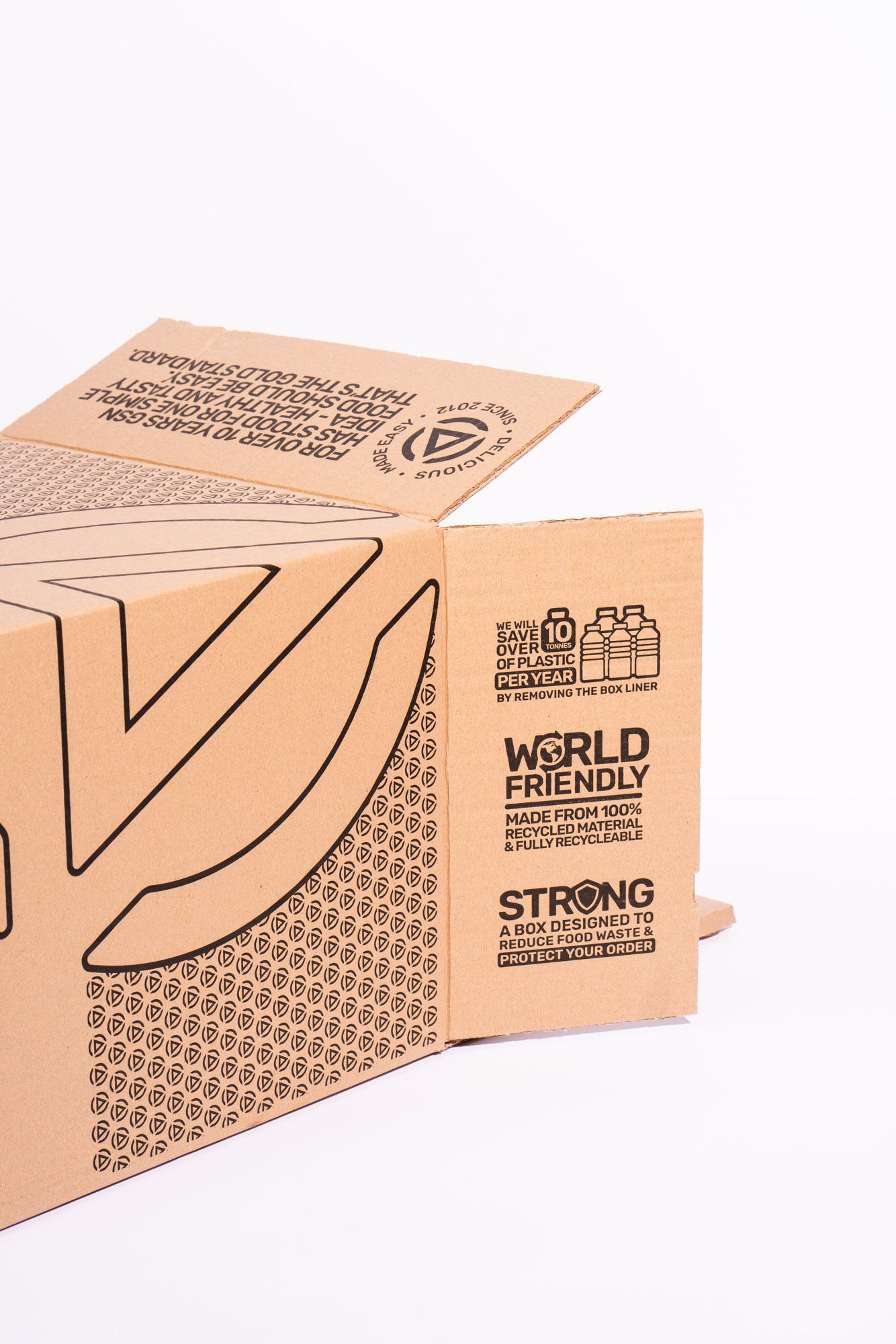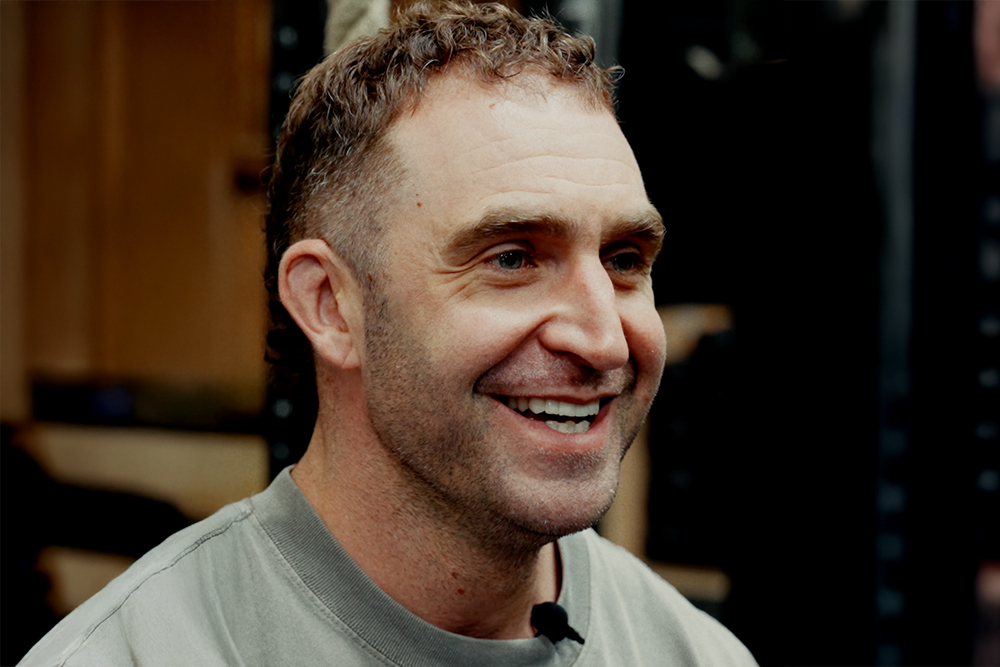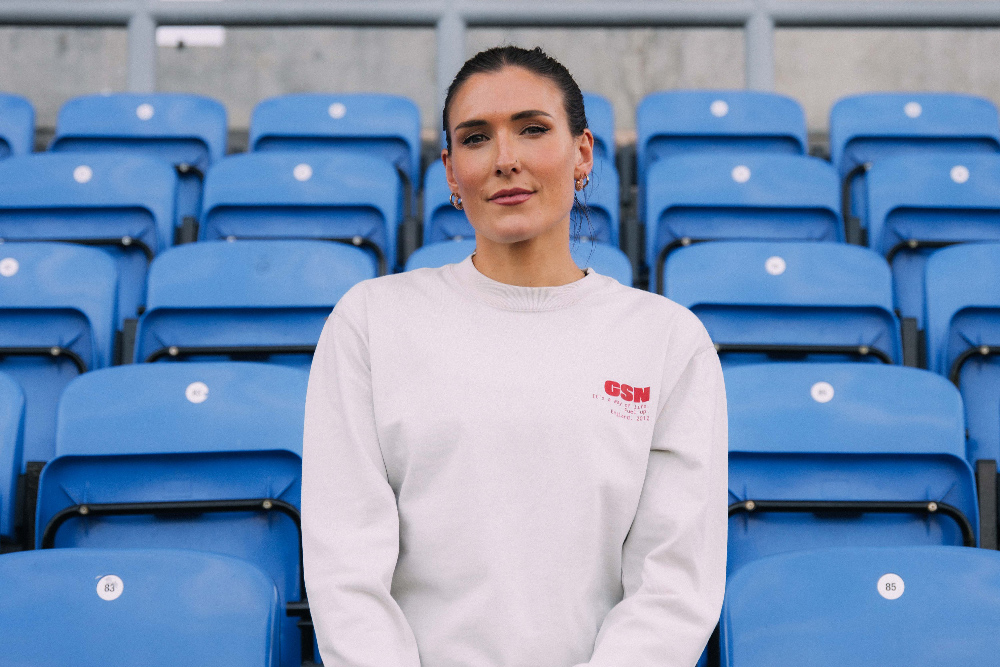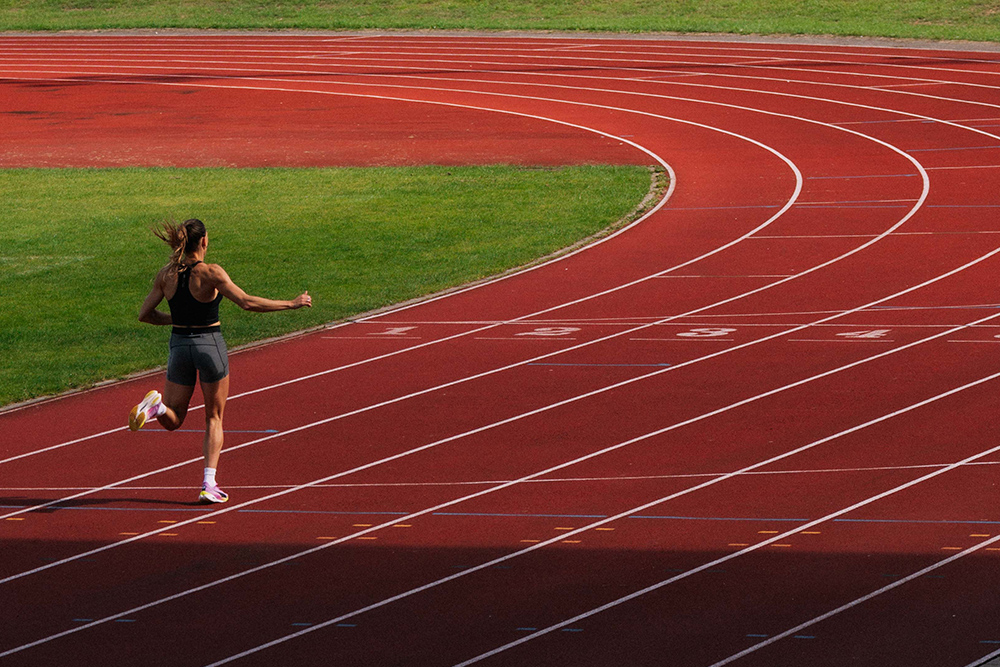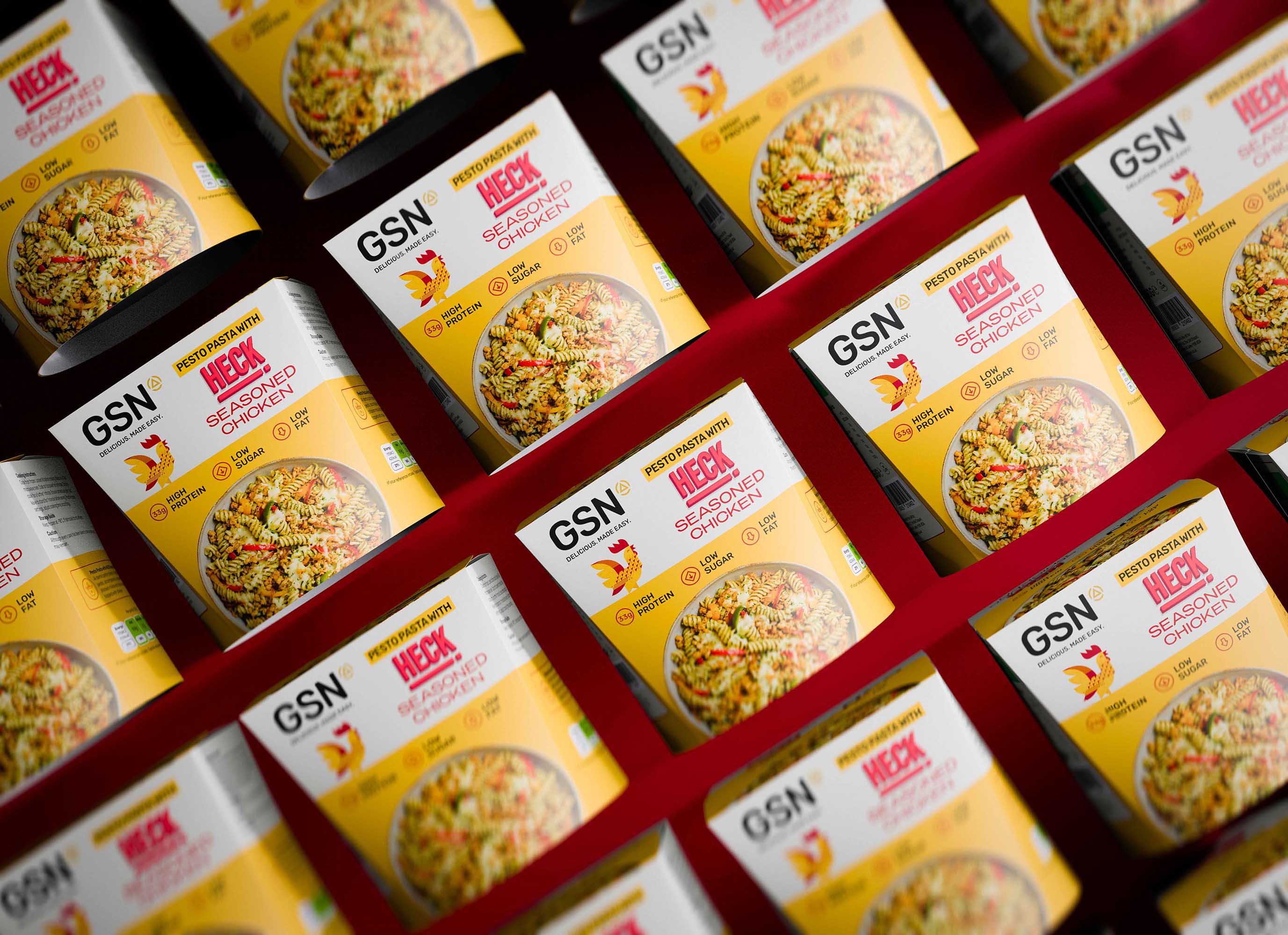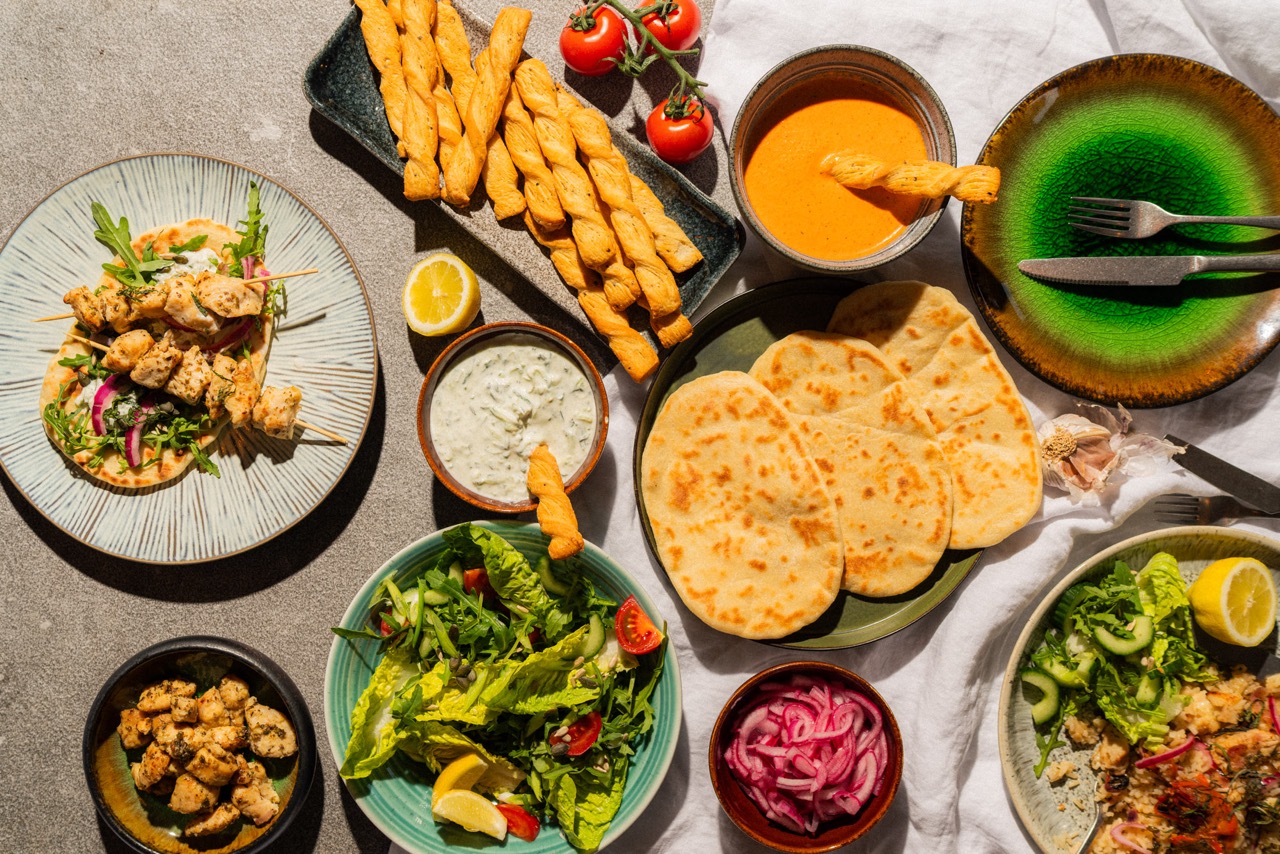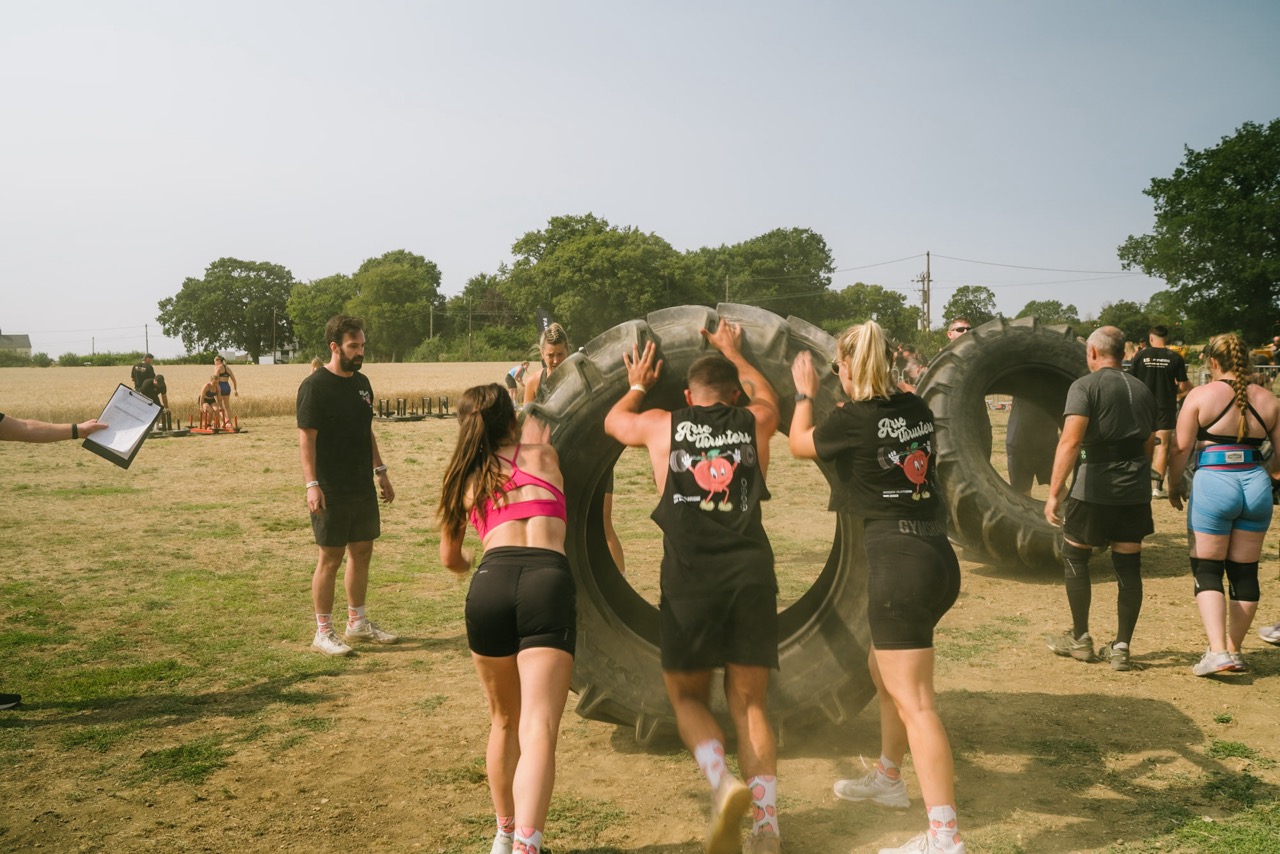FROZEN: A FOOD WASTE SOLUTION
Our eco achievements to date
Saving over 10 tons of plastic a year
Late August 2023 we received some negative feedback on our delivery boxes.
Due to the size and weight of contents, some boxes were arriving slightly damaged, squashed and worse for wear.
In addition to this, the thermal liner that worked so effectively in our orders was becoming dated. A plastic-free, kerbside recycle alternative was needed.
After months of testing and research in 2024, we launched our fully recyclable board delivery boxes. No plastic, better thermal qualities, and the first to be developed in the UK.
Not only are we saving over 10 tons of plastic per year, but they’re strong enough to hold 150kg of weight ensuring products arrive perfectly and drastically reducing any food waste.
